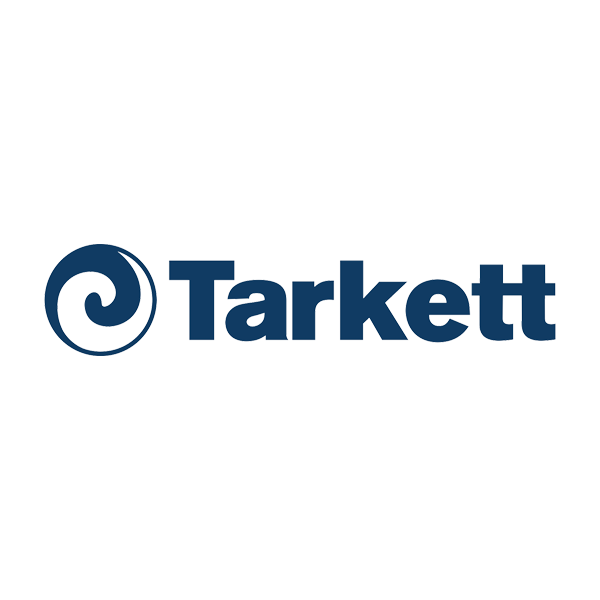


1. Our interest in the PCDS. N/A 2. how this standard will benefit your organization ?) Tarkett is a worldwide leader in innovative flooring and sports surface solutions, serving customers in over 100 countries across the globe. With 12,500 employees and 33 industrial sites, Tarkett sells 1.3 million square meters of flooring every day, for hospitals, schools, housing, hotels, offices, stores and sports fields. At Tarkett, we are convinced we have a role to play in changing the game in our industry with circular economy – a virtuous model to address resource scarcity and the climate emergency. Circular economy is a key challenge at the heart of Tarkett’s strategy. Recycling initiatives at Tarkett started as early as 1957, with vinyl production recycling at the Ronneby plant (Sweden). Today this approach has evolved into Restart® recycling and flooring take-back program and as many as has eight recycling centers on Tarkett’s production sites all over the world were successfully deployed The latest circular innovation made by Tarkett is the breakthrough achieved in 2019 by fully closing the loop on the life cycle of commercial carpet tiles in Europe with our partner Aquafil, while setting up a dedicated carpet tile recycling center in Waalwijk, the Netherlands. Feedstock is important to create a regular flow of secondary raw materials. In order to maintain the high quality Tarkett is used to provide it is crucial to understand what the composition is of the input materials avoiding for instance chemicals no longer accepted by REACH. As a company, we are well aware of the fact that in the circular economy we need to avoid to re-introduce toxic chemicals and impurities that might undermine our product quality that our customers value. For customers, it is important to know what kind of product they purchased and where they can go with it after it’s useful life. Tarkett therefore encourages enhanced transparency and traceability. Next to our introduced dedicated transparency tool “Material Health Statement (MHS)”, the standard of the Product Circularity Data Sheet (PCDS) fulfills largely these needs, for Tarkett as well as for our customers. In case the Tarkett products are not returned to Tarkett but offered to another recycler, people will value Tarkett products since composition and other details are disclosed in full transparency for other recyclers. All needed data and information is available. All these reasons make it very worthwhile to support this project. 3. General feedback on the initiative. The PCDS is a crucial standard to enable the circular economy. 4. how this standard will benefit your organization The PCDS standard will help us to avoid re-introducing chemicals no longer accepted by REACH or Cradle to Cradle® keeping not only a closed loop but also a “clean” loop. If everyone is implementing this standard, our 8 recycling centers across the globe will be able to access high value materials for recycling, less waste and less use of virgin in the end.
Rudy Daelmans